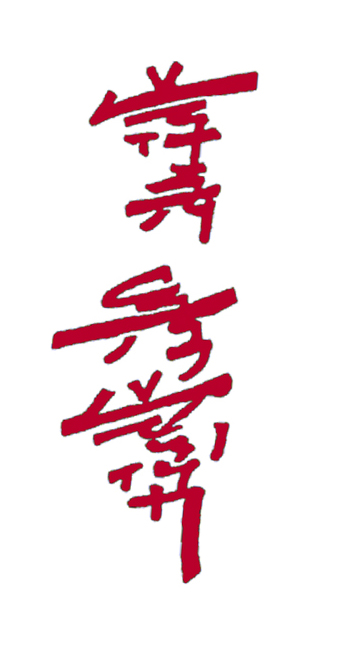Just Go to Sleep
Gasan was sitting at the bedside of Tekisui three days before his teacher’s passing. Tekisui had already chosen him as his successor.
A temple recently had burned and Gasan was busy rebuilding the structure. Tekisui asked him: “What are you going to do when you get the temple rebuilt?”
“When your sickness is over we want you to speak there,” said Gasan. “Suppose I do not live until then?”
